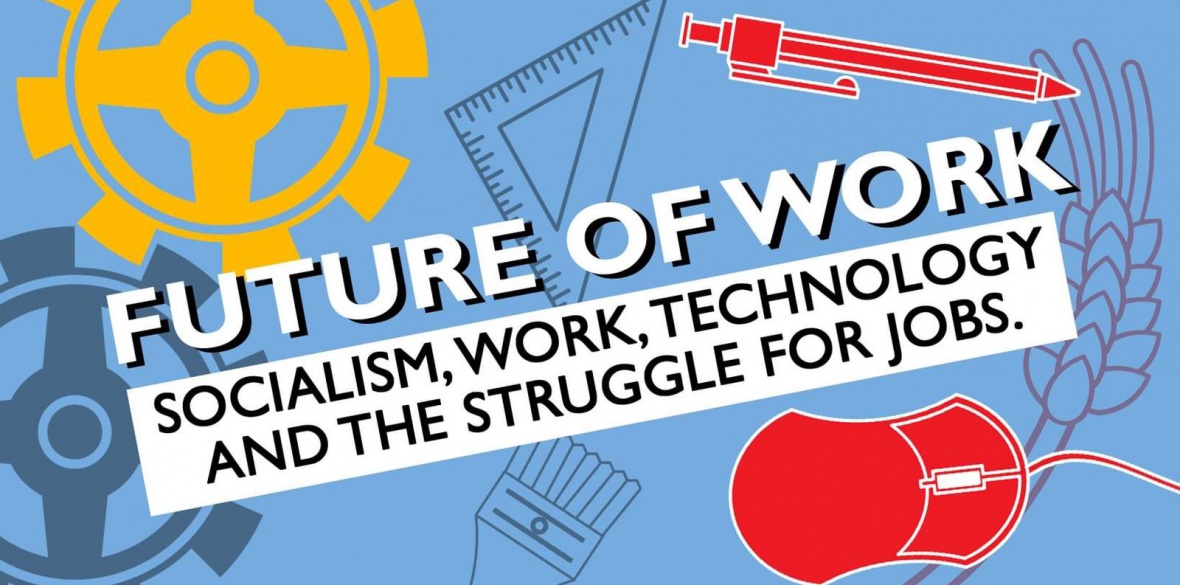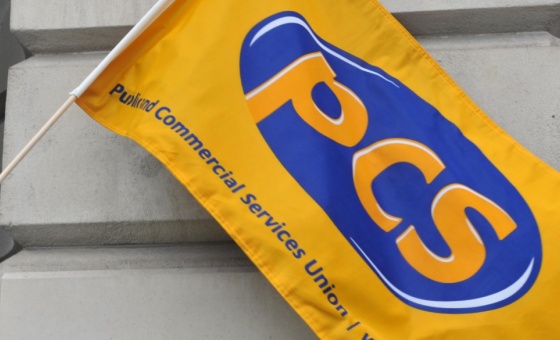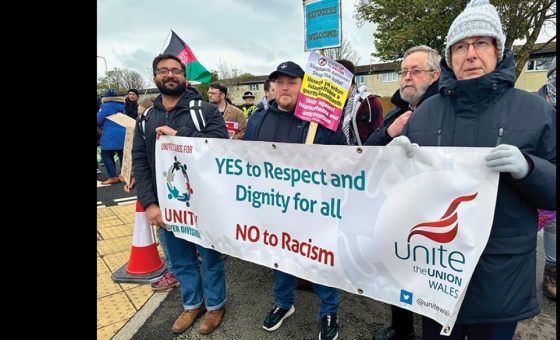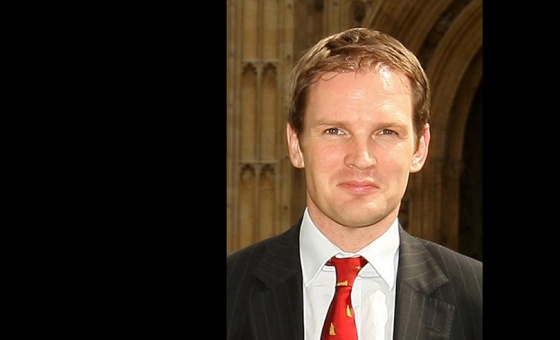This is the last article you can read this month
You can read more article this month
You can read more articles this month
Sorry your limit is up for this month
Reset on:
Please help support the Morning Star by subscribing here
AS PART of its series of centenary events, the Communist Party of Britain (CPB) is hosting a Future of Work conference with a great line-up of speakers.
Developments in robotics and AI have recently been sped up by some big businesses to capitalise on the pandemic crisis, as capital usually does.
Unless controlled, these new technologies will add to the unemployment and underemployment numbers, which were growing pre-Covid and will massively escalate due to the British government’s managing of the crisis.
It could be otherwise, as the new Britain’s Road to Socialism states, in calling for AI development “in a planned way to enhance workers’ control over the labour process and to increase their affordable leisure time.”
Concerns about the Future of Work are worldwide, and last year, the centenary year of the International Labour Organisation (ILO), it issued a Declaration for the Future of Work.
The ILO called “upon all members to work individually and collectively on the basis of tripartism and social dialogue to further develop its human-centred approach to the future of work.”
Then, only this week, the TUC launched a new taskforce of unions and legal experts to look at the “creeping role” of artificial intelligence.
The TUC is particularly concerned about global corporations like Amazon and Uber driving AI advances to the detriment of workers and the increase in surveillance during the Covid crisis.
Sharing the views of the ILO, the TUC says: “Workers must share the gains of new technology and not be robbed of dignity at work.”
The conference will no doubt contain analysis of the Covid crisis and the CPB’s new pamphlet Unemployment Fightback, which will be launched today, will add to that.
This pamphlet examines capitalism’s reliance on unemployment as a tool to control wages and the strength of trade unions.
It then reviews the conflicting forces during the Covid crisis; government representing the interests of big business while the trade unions and community organisations take action to defend people from both the virus and capitalist focus on profit.
It concludes on a People’s Plan for Jobs and Justice.
Britain is among the worst in the world for Covid-19 deaths and recession, far from the world-beating claims of the Prime Minister.
The country started badly prepared, with 40,000 nursing staff vacancies, and had ignored the 2016 Cygnus exercise, designed to help plan for such pandemics.
The government continued with actions and inaction that worsened the country’s economy and health, and the pamphlet lists these along with short-term demands, including an effective test, trace, isolate and support system, which we still do not have, eight months on.
The pandemic has hastened and deepened the already looming economic crisis, but it did not cause it, though every effort will be made to hide this from the public, including trade union members.
So what should the trade unions be doing about the biggest short-term threat to jobs since trade unions began?
The scale of the action surely has to be the biggest collective and strategic response the trade unions have ever taken.
And it must be wider than trade unions and trades councils, uniting with community campaigns, People’s Assemblies and small businesses who have suffered greatly, into the broadest of all possible alliances, aimed particularly against the monopoly corporations and their government.
Local activities in a bottom-up approach should be encouraged and from the top a commitment to genuine joint union planning and sharing of resources.
The New Deal for Workers should be taken seriously and applied across the movement, with co-operation instead of competition on recruitment and organising of non-union members.
Lessons should be learned on successful communications such as the use of social media and “gate meetings” of the CWU.
Examples of flexible approaches to recruiting, organising and solidarity to suit workers’ new and real situations such as zero-hours contracts should be shared.
Local campaigns of trade unions and emerging campaigning community organisations to stop closures and demand investment will be needed.
The tens of thousands who flocked to Corbyn’s Labour can be part of the local base of this movement.
For the protest movement to grow, safe, socially distanced demonstrations will have to become the norm.
People’s marches for jobs are a real possibility, maybe smaller than the ’80s and organised via social media.
This struggle will not be easy, but we have a young generation that wants hope for the future — not zero-hours work and extortionate rents.
We have experience, structures and organisations to build on and a ruling class with bigger divisions than for some time.
The Future of Work: Socialism, Work, Technology and the Struggle for Jobs takes place tomorrow, Saturday December 5, from 11.30am to 1pm. To register visit www.communistparty.org.uk. Speakers include: TUC president and Unite assistant general secretary Gail Cartmail; blogger, Marxist economist and author of Marx 200 and Engels 200 Michael Roberts; assistant professor in computer science and CPB member Dr Leonardo Impett; Hertford professor for labour and globalisation and author of Labour in Contemporary Capitalism: What Next? Ursula Huws; and researcher in labour process and technology in the public sector and CPB member Andrew Maybury.










